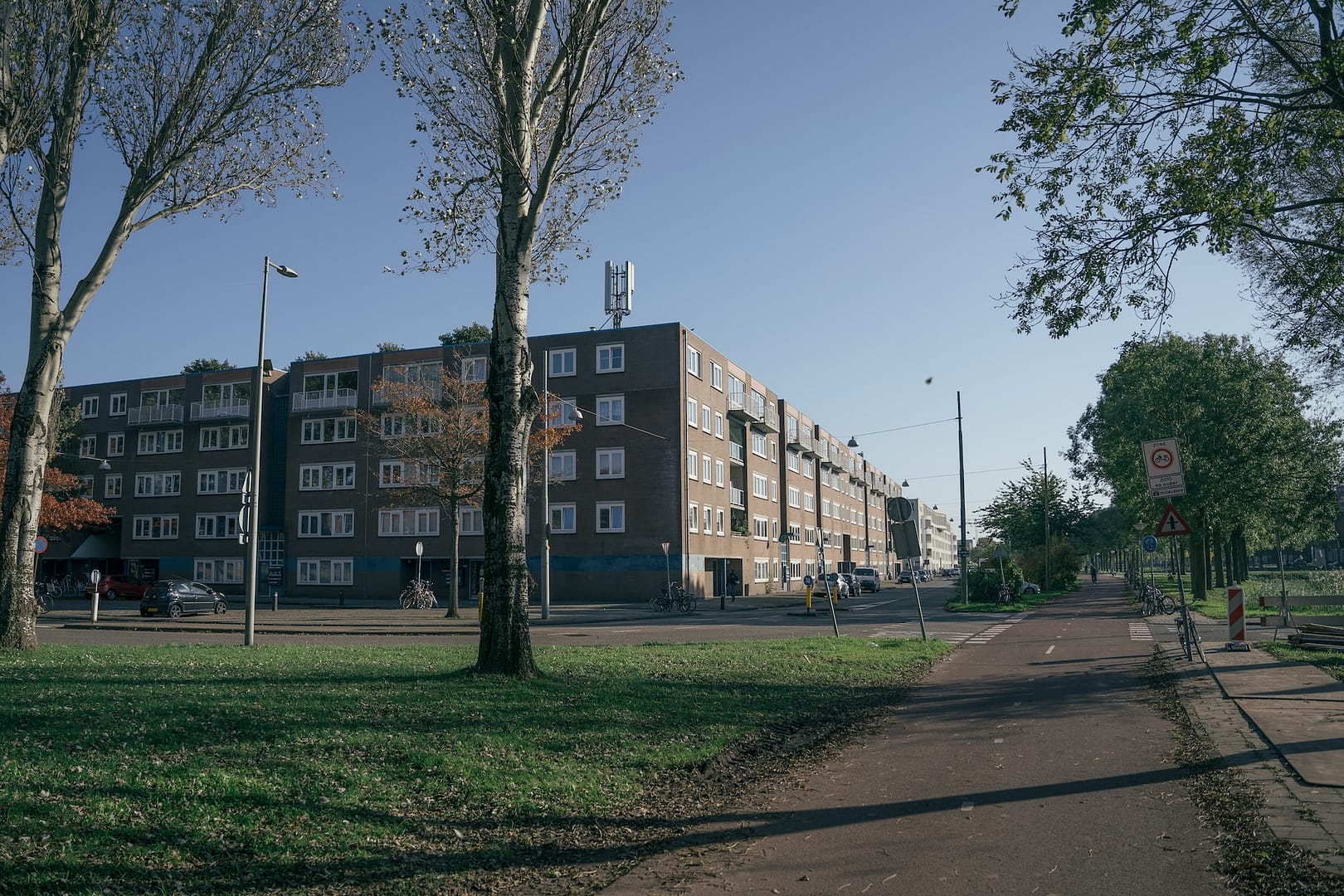In the United Kingdom, social housing has long been a vital pillar of support for vulnerable and low-income individuals and families. However, in recent years, the nation has been facing a significant challenge due to the strain on its social housing system. This strain has emerged as a result of various factors, ranging from increasing demand to limited supply and insufficient investments in affordable housing initiatives. In this article, we will delve into the social housing statistics in the UK and explore the root causes of the problem, shedding light on the urgent need for viable solutions to address this critical issue. We will also provide further information on how to start a housing disrepair claim.
Understanding the Social Housing Statistics
Before we embark on our journey to explore the challenges, let’s take a closer look at the social housing statistics in the UK. According to recent data, there are over 4 million social housing properties across the nation, accommodating a diverse range of individuals and families who rely on affordable housing options. This substantial figure might initially seem promising, but the devil is in the details.
Upon closer inspection, it becomes evident that the demand for social housing is significantly surpassing the available supply. The waiting lists for social housing units have been growing at an alarming rate, with some local authorities reporting wait times of several years. This has resulted in a growing number of individuals and families living in temporary accommodations, such as hostels or overcrowded private rentals, which fail to provide the stability and security that social housing can offer.
The Problem with Social Housing
The strain on social housing in the UK can be attributed to a combination of interrelated factors that have been building up over time. One of the primary drivers of the crisis is the insufficient construction of new social housing units. With the UK facing a housing shortage across the board, the construction of social housing has taken a backseat, exacerbating the already limited supply of affordable homes.
Moreover, the shift in focus towards homeownership schemes has drawn attention and resources away from social housing initiatives. While the aspiration of owning a home is indeed commendable, it should not come at the expense of neglecting the pressing need for affordable rental options. As a result, the demand for social housing continues to rise, but the available units remain stagnant, causing an ever-widening gap between the two.
A Burdened System and the Impact on Vulnerable Populations
The burden on the social housing system has had a profound impact on vulnerable populations, such as low-income families, individuals with disabilities, and the elderly. As the waiting lists grow longer, those in desperate need of stable housing find themselves in precarious living situations, leading to a cycle of instability and hardship.
In many cases, overcrowded and substandard living conditions are the harsh reality for those awaiting social housing placement. This has far-reaching consequences on physical and mental health, education, and employment prospects, as well as social integration within communities. As the strain on social housing continues to grow, the well-being and dignity of countless individuals hang in the balance.
Funding Shortfalls and Government Initiatives
The strain on social housing cannot be resolved without addressing the issue of funding. Adequate funding is essential for the construction of new social housing units, the maintenance of existing properties, and the provision of support services for those in need. However, the funding allocated for social housing initiatives has not kept pace with the escalating demand, further exacerbating the crisis.
The UK government has implemented several initiatives to tackle the housing challenge, but their effectiveness has been limited. For instance, the “Help to Buy” scheme, while well-intentioned, has mainly benefited those with relatively higher incomes and did not significantly alleviate the strain on social housing. More targeted efforts are needed to ensure that the most vulnerable populations receive the support they require.
Innovative Solutions and Collaborative Efforts
To address the strain on social housing, a multi-faceted approach is essential. This approach must involve collaboration between the government, local authorities, housing associations, and private developers, along with input from the communities affected. By working together, creative and sustainable solutions can be devised to bridge the housing gap.
One potential solution is the implementation of mixed-tenure developments. By incorporating both social housing units and private properties within the same communities, a sense of social cohesion can be fostered, promoting inclusivity and reducing stigmatization. Additionally, such developments can help generate revenue that can be reinvested in social housing initiatives.
Making a Housing Disrepair Claim
In the midst of the social housing strain in the UK, tenants living in social housing properties may find themselves facing another challenge – housing disrepair. Housing disrepair refers to the state of a property that is in poor condition, often due to neglect or lack of maintenance by the landlord or housing association. In such situations, tenants have the right to take action and make a housing disrepair claim.
Understanding Housing Disrepair
Housing disrepair can manifest in various forms, ranging from minor issues like leaky faucets and cracked walls to more severe problems, such as dampness, faulty heating systems, and structural defects. These issues not only compromise the quality of life for tenants but can also pose health and safety risks.
When faced with disrepair in their social housing units, tenants should promptly report the problems to their landlords or housing associations. The responsibility for repairing and maintaining the property typically falls on them. However, if the reported issues remain unresolved, tenants have legal avenues to pursue.
Steps to Make a Housing Disrepair Claim
Document the Disrepair
The first step in making a housing disrepair claim is to thoroughly document the issues present in the property. This documentation should include written records of the problems, photographs, and any relevant correspondence with the landlord or housing association regarding the disrepair.
Inform the Landlord or Housing Association
Once the disrepair is well-documented, tenants should inform their landlord or housing association in writing about the issues and request repairs. It is crucial to keep copies of all correspondence sent and received during this process.
Seek Legal Guidance
If the landlord or housing association fails to address the disrepair within a reasonable timeframe, tenants should consider seeking legal guidance. We at National Claims specialise in housing disrepair claims and can provide valuable guidance throughout the claims process.
Initiate the Claim
With the help of legal counsel, tenants can begin the process of making a housing disrepair claim. This may involve sending a formal Letter of Claim outlining the issues, the attempts made to inform the landlord, and the desired resolution. The landlord will have a specific timeframe to respond to the claim.

Conclusion
As the strain on social housing in the UK continues to affect countless individuals and families, it is essential to address not only the broader housing crisis but also the specific issue of housing disrepair. Tenants living in social housing units have the right to live in safe and habitable conditions. When faced with housing disrepair, it is vital for tenants to take action and make their voices heard.
By documenting the disrepair, informing the landlord, seeking legal guidance, and initiating a housing disrepair claim, tenants can assert their rights and work towards a resolution. Collaborative efforts between tenants, landlords, and housing associations can lead to a more robust and responsive housing system that benefits all stakeholders.
In the pursuit of a more equitable and sustainable housing landscape, it is crucial to address not only the strain on social housing but also the conditions within these properties. By collectively striving for change, we can create a future where everyone has access to safe and decent housing, regardless of their income or social status.
Contact us now to start your claim and find out more about what we do at National Claims.
Click below to see why we are one of the most trusted claims management companies in the UK.

We’re proud of our excellent customer reviews
We thrive on delivering exceptional service and ensuring our clients’ satisfaction. Don’t just take our word for it. Check out some of our independent reviews to see what our clients have to say.
Excellent

This firm is excellent, they sorted out my car pay out and injury claim very fast, they always communicate with you all the time.

My accident case was dealt with confidence and with great result of the outcome, especially James kept me informed all the time.

I was very impressed at the way my inquiry was treated. I was listened to attentively and everything I needed to know was explained to me.






